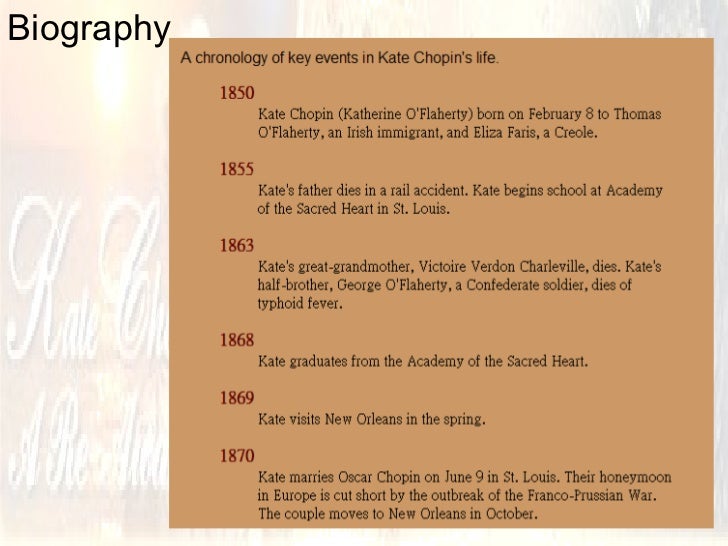

In her opinion, news overload and FOMO are not exactly the same thing. It has even got a name: FOMO or “Fear Of Missing Out.” Miriam Liss, psychology professor at the University of Mary Washington, is an expert on the subject. Then there is this society’s obsession with being up-to-date on every little bit of news. The 24-hour news cycle contributes to the CNN Effect by requiring news outlets to compete in order to have the most up-to-the-second news blasted out before others do. The “CNN Effect” is a phenomenon in political science and media studies that compels policymakers to intervene in political and economic situations by using the mainstream media. The availability of web pages and the temptation to use them to post breaking developments, requires editors to make on-the-spot decisions about whether to report a story or hold for more research … this holds true for academia. The professors and faculty who comment for news outlets are the Media Relations Department’s problem, right? Not necessarily, the research enterprise must contend with the 24-hour news cycle, as well. We have to find a way to package it all the first day or we're out of business,” stated Andrew Glass, a senior Washington correspondent for Cox Broadcasting. Now CNN tells you what happened and five minutes later some professor from Fordham University is telling you what it means. On the third day, we would analyze what it means. On the second day, we would tell what the reaction was. “In the old days, on the first day we would report what happened. The 24-Hour News Cycle Why the constant barrage of headlines adds to the hysteria


 0 kommentar(er)
0 kommentar(er)
